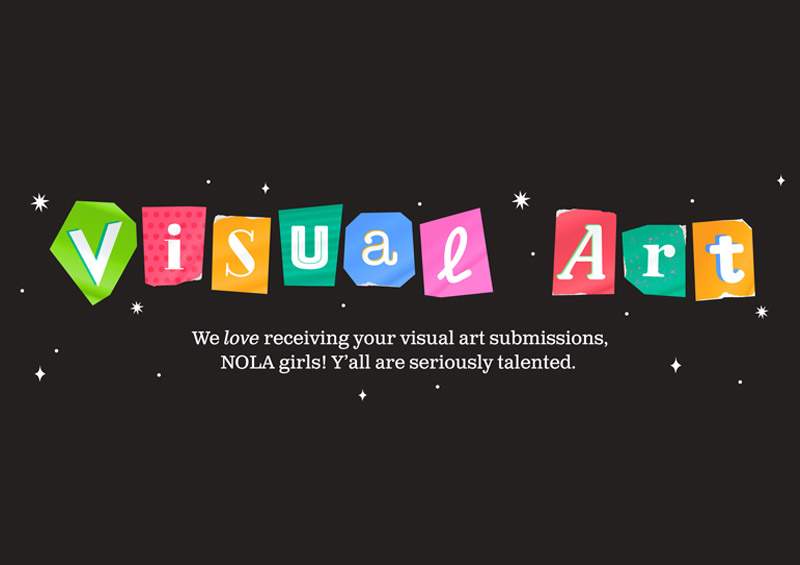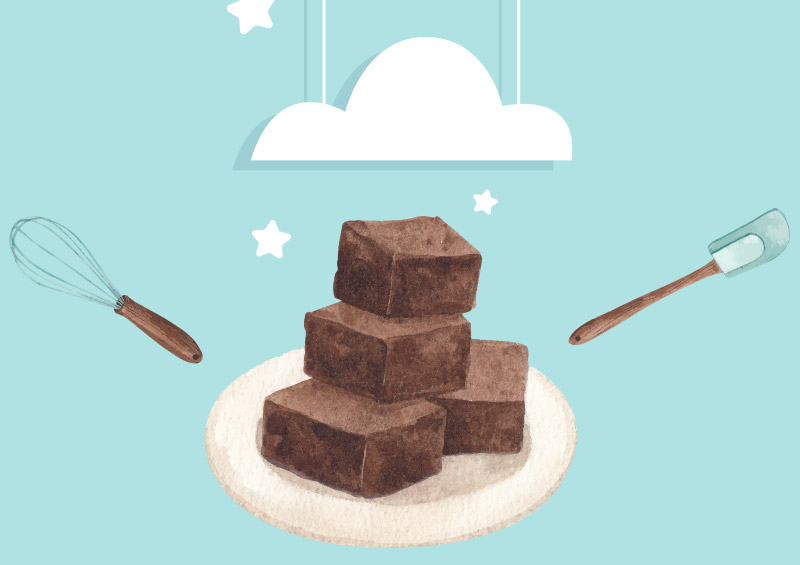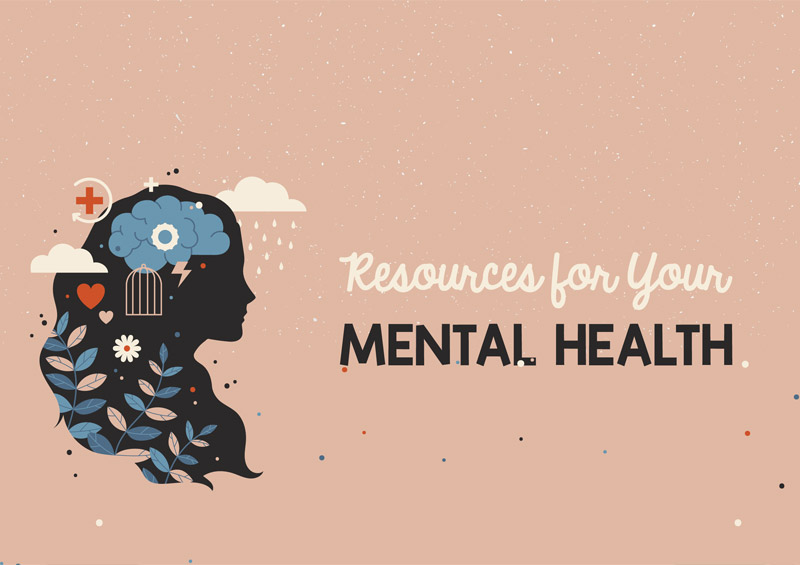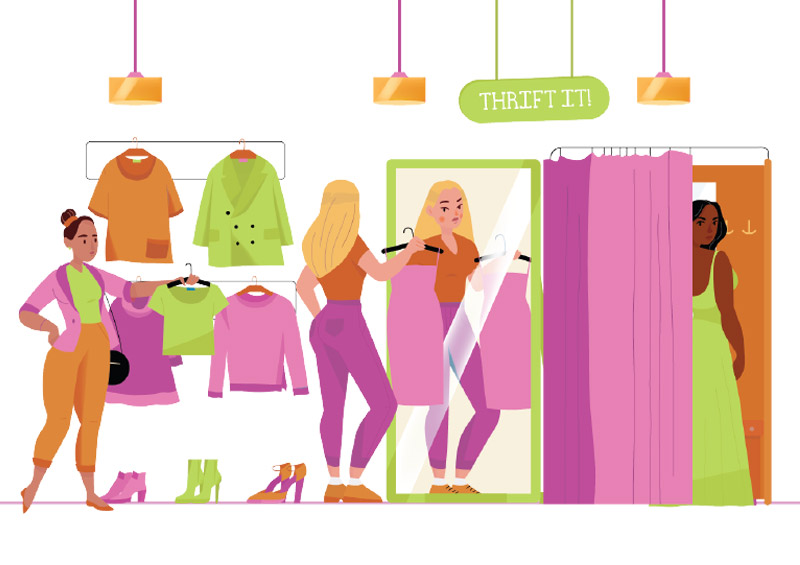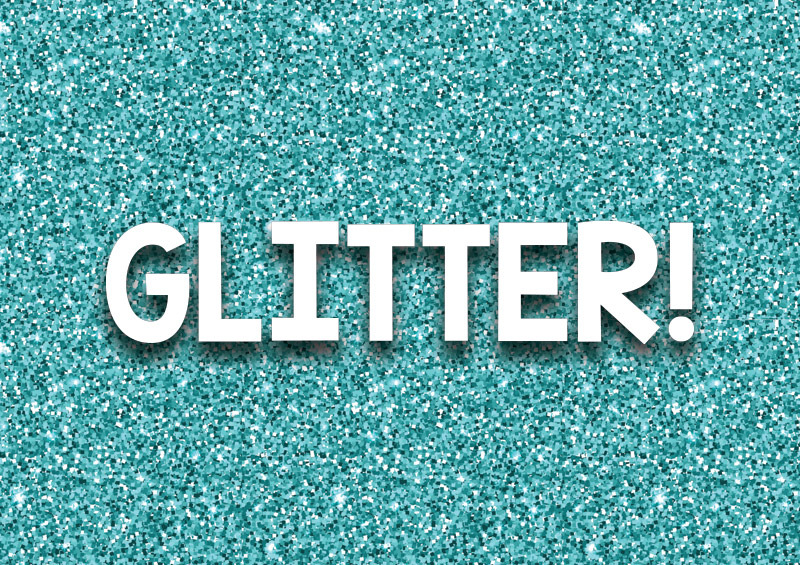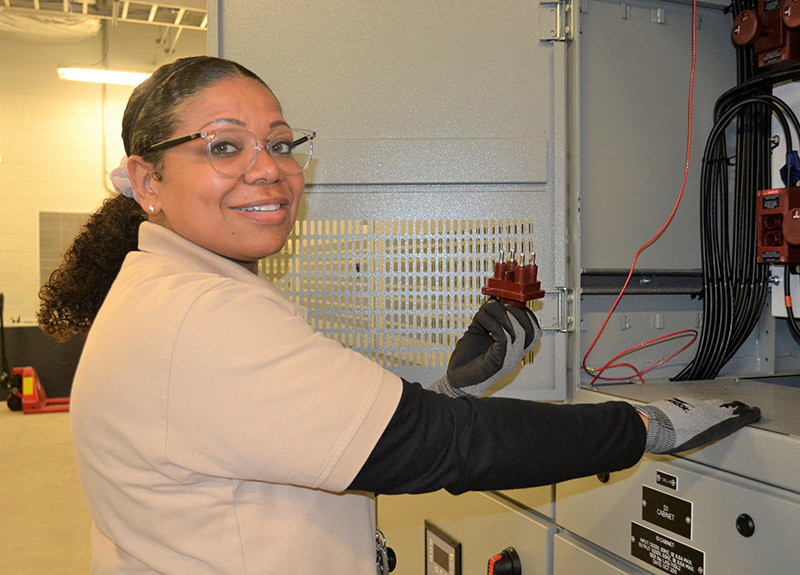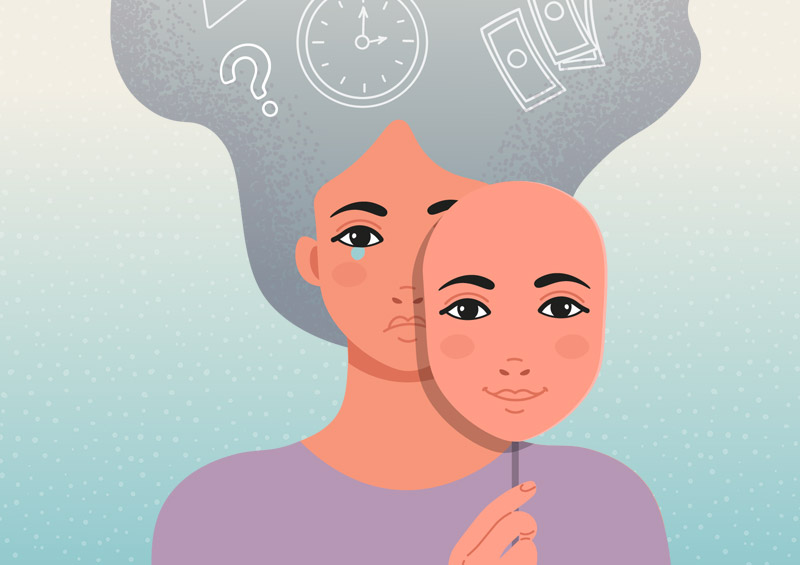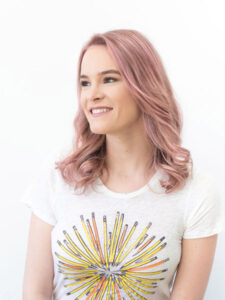The term “effortless perfection” was coined at my alma mater, Duke University, in 2003 and has since been used to describe the cultural climate on campuses throughout the United States—especially among women. Initially, I wrote it off as a superficial cliché, but by the time I graduated, I realized “effortless perfection” needed to be recognized as a major mental health concern.
As a middle and high school teacher in New Orleans, I’ve noticed the expectations and pressures of effortless perfection trickle down to younger and younger age groups. I see my younger self in a lot of the girls I teach, who operate under the notion that if they can make their lives look perfect, then they will start to feel perfect too.
As someone who was identified as a sort of “golden girl” at her high school via various awards and lofty expectations, I’d gone off to college fully believing I was on the ultimate path to success. But then by my sophomore year, I had an eating disorder. In my junior year, I was having anxiety attacks. And during my senior year, I had a major depressive episode. If I was supposed to be the face of “having it all,” the vision of a person who’d “made it,” then something was seriously wrong. Especially because I knew it wasn’t just me. I watched a lot of my friends and many of the young women I mentored in college undergo similar experiences. I worry the same fate awaits many of my bright, talented, go-getter students if we don’t address this issue immediately.
My personal experiences, along with the research I’ve gathered and interviews I’ve conducted for my book, The Effortless Perfection Myth, have led me to the following conclusion: Effortless perfection thrives in environments where everyone is set on making it seem like they have everything together at all times. Thus, when we inevitably hit a road bump, we look around at our seemingly flawless peers and assume we are the only ones struggling.
We don’t realize the extent to which every other member of our community is carefully holding their cards close to their chest, unwilling to show anything beyond a socially accepted front of confident ease. We conclude there is no other way to deal with our problems than by ourselves, alone, if we do not wish to stand out as “broken” or “the one who couldn’t keep up.”
Unfortunately, this self-imposed isolation—this sense of being “the only one”—causes the consequences of our struggles to become much more harmful and extreme than they might otherwise be. We need to be more honest with ourselves and others by showing enough of our own vulnerabilities that others do not feel the need to hide their own.
